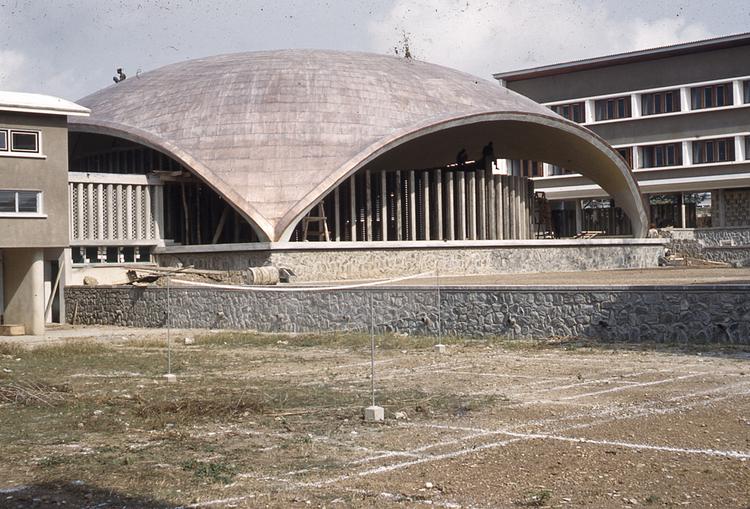
Community Commentary by Ashiyanbi, Akeem Abiodun within research project: 'Rethinking Relationships and Building Trust around African Collections' 2021
Sultan Bello Hall is one of the twelve Halls of Residence in the University of Ibadan. The hall was designed by Maxwell, Fry & Jane (a UK firm) with a capacity for 406 students. The hall was named after Muhammed Bello who lived between 1781 and 1837, and was the chief builder of the Sokoto Caliphate. Muhammad Bello was the grandfather of Ahmadu Bello and the then Sultan of the Sokoto Caliphate. Although the hall was formally established in 1962, it has been in existence since 1953 and has been churning out noble and diligent graduates for many decades. The dome is an integral part of Sultan Bello Hall. The dome originally solely served the function of dining hall and catered to the feeding needs of the students for the period in which the university was responsible for the feeding of students, an arrangement that ended some four decades ago. The dome has also served as venue for events. In recent times it has been rented out for wedding receptions by the university venture in trying to generate fund for the university. The rare nature of the hall has led to the organization of an annual award ceremony, under the auspice of the University Council, tagged “Ivory Tower Awards”, to acknowledge and celebrate men in the society who have distinguished themselves in their various walks of life. The hall is located along Niger Road to the west of its counterpart hall, Ransome Kuti Hall and it boasts of being the Centre of attention in the entire University. The hall boasts of producing the immediate past Vice-Chancellor of the University, Professor Abel Idowu Olayinka, various principal officers of the university, the immediate past Students’ Union President, Comrade Ojo Oluwanifemi and a host of Students’ Representative Council members. A healthy rivalry exists between residents of other halls within the university and those of Bello hall, who pride themselves on having nobility as their motto.



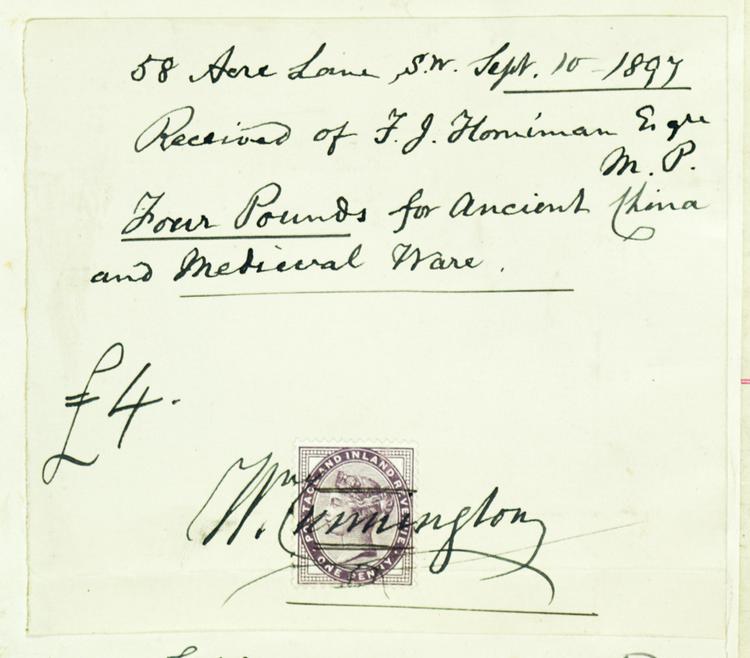
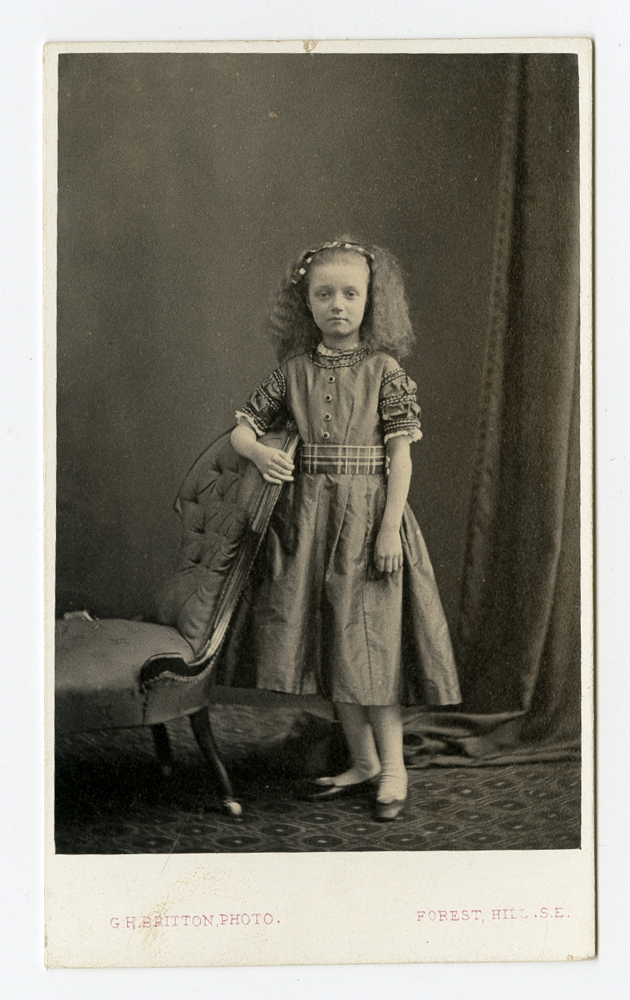
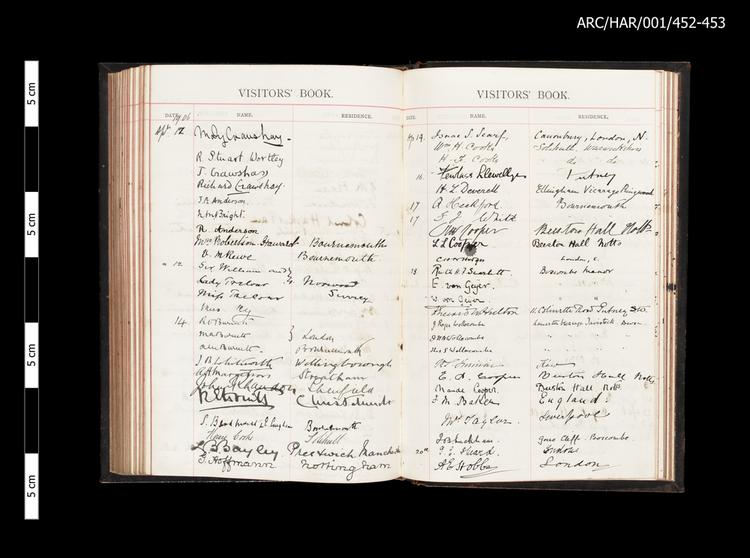
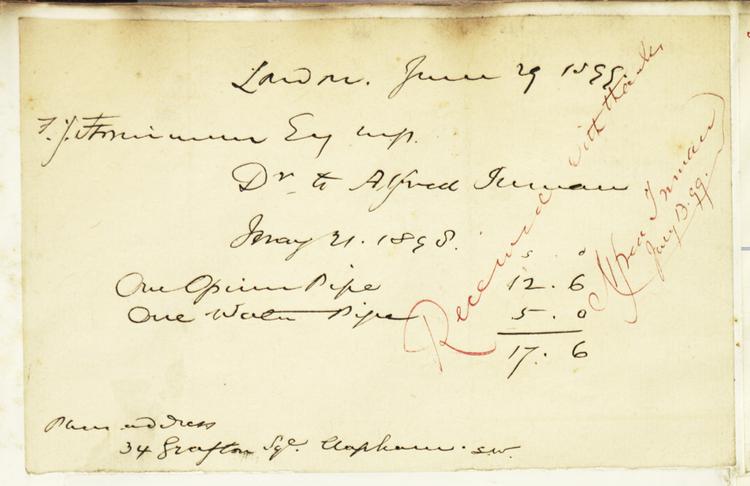
Community Commentary